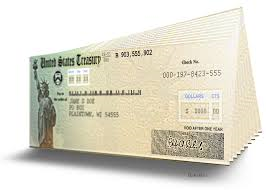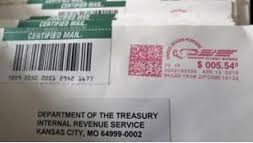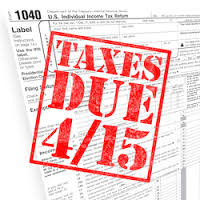What Happens If You Can’t Pay Your Taxes?
What happens if you owe tax money to the IRS and you cannot afford to pay it? Most importantly, do not ignore the IRS. They have a lot of information on you and are not going to forget about the money that is owed. To prevent the IRS from initiating aggressive collection techniques such as freezing your bank accounts and garnishing your wages, it best to contact them promptly. A tax problem will not go away. On the contrary, it will only compound and increase over time until it is resolved. There are several options available for resolving a tax debt. Some of these options can be initiated directly with the IRS. However, if your tax problem is complicated, it may be in your best interest to hire a qualified tax resolution specialist to assist you. Here are some steps to take if you owe back taxes and do not have the necessary funds to pay the balance in full:
- File Your Taxes on Time (even if you don’t have the funds to pay the balance due): No matter what your financial situation, stick with the same process each tax year and submit your tax return by the filing deadline. Whether you decide to use the services of a CPA/accounting firm or a seasonal tax company or file on-line yourself via tax prep software, always send in your return on time or file for a tax extension. If you fail to do this, you will be assessed a failure to file penalty which will begin to accrue the day after tax day. This penalty will be levied in addition to interest and possible failure to pay penalties on any taxes you may owe. These penalties and interest charges will add up very quickly over time so it is always advisable to avoid the late filing penalty even if your do not have sufficient funds to pay the tax balances owed. Okay, this is good information, but what if you already owe the IRS money?
- Set up a Payment Plan: If you owe back taxes, it is best contact the IRS immediately.The IRS would rather work with people who acknowledge owing back taxes rather than chasing around after them around to collect the outstanding tax liabilities. There are several types of installment plans that can be set up to pay off a tax bill over time. To review theses plans as well as other options available for settling a back tax balance, see the following IRS link: https://www.irs.gov/Businesses/Small-Businesses- &-Self-Employed/Filing-Past- Due-Tax- Returns . If this is your first time failing to pay your taxes on time, the IRS may be lenient and waive the penalty. See the following IRS link for information on penalty abatements: https://www.irs.gov/Businesses/Small-Businesses-&-Self- Employed/Penalty-Relief- Due-to- First-Time- Penalty-Abatement- or-Other-Administrative-Waiver.
- Seek a qualified CPA or a Tax Resolution Specialist: If your tax problem is too big or too complex for you to solve on your own, a CPA or a qualified tax resolution specialist will be able help you explore your tax settlement options. Such an individual should be able to look at your situation to see which settlement options will work best for your specific set of circumstances. In addition, CPAs and Enrolled Agents have the power to negotiate directly with the IRS on your behalf in order to reach the best settlement agreement possible. Once a tax settlement plan has been set up, it is important that the payments are made according to the payment schedule and that taxes are filed on time each year. Late payments or failing to file tax returns by the filing deadlines will normally negate a previously negotiated tax settlement agreement. Simply make it a habit!
If you have tax questions or a tax debt you are unable to pay, our tax settlement professionals are happy to discuss your tax resolution options free of charge. For more information about our services, visit us today at www.professionaltaxresolution.com or call us at 877.889.6527. With over 16 years in the business of resolving tax debt, we have a thorough understanding of tax law together with the experience to know which settlement option will be the best fit for your specific set of circumstances.




